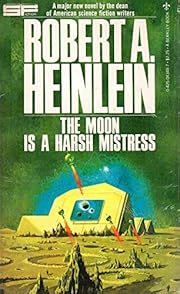A lot of people have never read Karl Popper’s The Open Society and Its Enemies, yet they energetically cite one ambiguous note from it about the “paradox of tolerance” to enlist him as an advocate of censorship. I’m not going to waste more words on those idiots, but rather will comment on the substance of what he wrote.
It’s fashionable to say that what “dead white people” wrote doesn’t matter, but the philosophy of past centuries has shaped where we are today. The effects of European philosophy aren’t limited to white people.
The Open Society and Its Enemies is a two-volume work. The first, which I’ll cover here, is about Plato. The second is subtitled “Hegel and Marx.” While no one follows Plato’s ideas in their original form, his vision of an authoritarian, collectivist state is still highly influential. Some look to his Republic (which is anything but a republic in the modern sense) as an ideal of social stability. The idea of the “philosopher-king” still sounds noble to some. The idea that “justice” means whatever serves the state keeps coming back. The battle for freedom is still largely a battle against Plato. Brave New World, which I wrote about a few weeks ago, is an updated, technologically advanced version of the Republic.
(more…)
 Robert Heinlein’s
Robert Heinlein’s  It’s a curious thing that the people who say you should leave the country if you don’t like it are so often the ones who favor legal barriers to doing it. Having the option is a valuable freedom, though.
It’s a curious thing that the people who say you should leave the country if you don’t like it are so often the ones who favor legal barriers to doing it. Having the option is a valuable freedom, though.